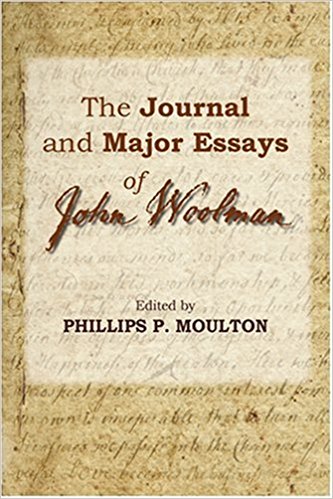About
Born in New Jersey to early colonial settlers, Woolman showed great compassion and sympathy from an early age. At the age of 23, upon refusing to finish a bill of sale for a slave for his employer, he convinced his employer to set the slave free. With this experience, Woolman decided that he needed to speak out against slavery to other Quaker Friends, as many Friends had no convictions on the matter whatsoever or actually owned slaves themselves.
He began to travel to give his lectures, and in 1754, he published Some Considerations on the Keeping of Negroes. He did not condemn Quakers who owned slaves but rather used his actions to convince them of his viewpoint. For example, when he stayed with slaveholders, he would pay the slaves for their work. He also did not purchase goods that were products of slavery, such as dyed cloth.
Woolman was also a pacifist and protested the French and Indian War through his failure to pay taxes that would support the war.
Woolman’s tireless efforts helped change the Quaker viewpoint regarding slavery, and in 1790, Quakers petitioned the United States Congress to abolish slavery.
–Christie Finn
Related Information
Songs
Evidence of Things Not Seen
Song CollectionNed Rorem
W. H. Auden
Elizabeth Barrett Browning
Robert Browning
Stephen Crane
Mark Doty
Robert Frost
Paul Goodman
A. E. Housman
Langston Hughes
Jane Kenyon
Rudyard Kipling
Edna St. Vincent Millay
Paul Monette
William Penn
Theodore Roethke
Walt Whitman
John Woolman
William Butler Yeats
I Saw a Mass
Ned Rorem
John Woolman
Song Collection: Evidence of Things Not Seen


